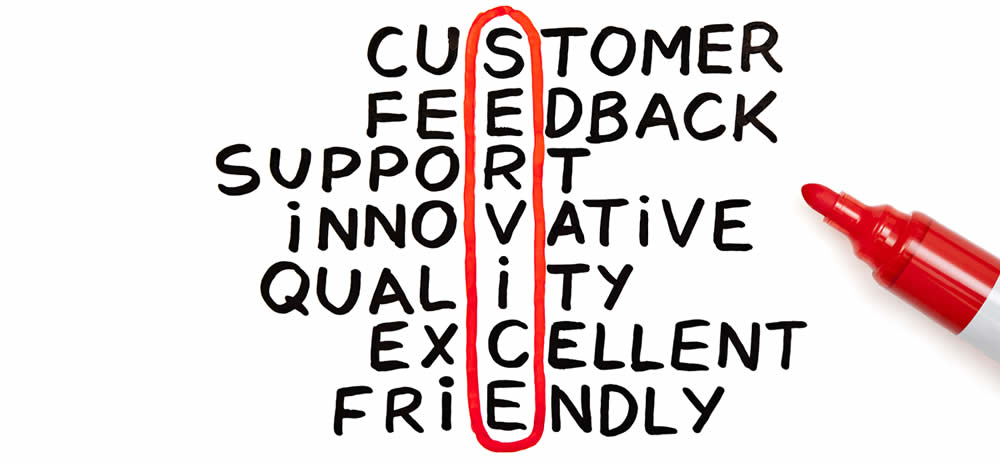A press release from the Legal Services Consumer Panel (LSCP) reveals that although a record number of consumers are shopping around, many still experience problems finding out what services cost and dealing with other aspects of the legal process.
The Panel’s 2020 Tracker Survey, “How consumers are choosing legal services“, reveals that more consumers of legal services are shopping around – 30% now compared with 25% in 2016 and 23% in 2012. However, the research also suggests that consumers are still struggling with pricing information and some, in vulnerable circumstances, are unclear about what a service will cost until they receive their bill. The survey found that 25% of consumers using legal services for family matters find out the cost of the service when they receive the bill.
Clearly this is an issue and one that will inevitably have regulatory repercussions for law firms. Given that the Solicitors Regulation Authority (SRA) introduced their Transparency Rules specifically to address the need for consumers to have the information they need to make an informed choice of legal services provider, including understanding what the costs may be, then it is almost inevitable that we will see an increase in the impact of this research into checks by the SRA as to how compliant solicitors’ websites really are. Indeed, we published an article just last week “Transparency – Certifying Compliance with the SRA Rules” on the current round of SRA checks.
Since that article we have ourselves undertaken a random check of a number of solicitor websites. The results were worrying. At least half of those sites that we checked had some requirement of the Transparency Rules missing from them or were insufficiently detailed in relation to what could be expected in terms of pricing and service. A common feature was those firms that did not offer any actual pricing but included a form through which the public could request a quotation. Whilst the SRA have stated that online quote generators can be used, they must be able to produce a quote without requiring any additional contact, for example someone calling to discuss the quote, and firms should also make sure that they are compliant with data protection legislation when handling data from consumers or clients. Several of the quotation pages were merely forms that would result in the firm emailing the enquirer back. Many required that the enquirer give not only an email address but also a name and property address. Very few explained how the data would be used and kept safe.
A considerable number of sites had inadequate, or inadequately signposted, complaints policies with the most common mistake being a failure to mention complaints to the SRA. Rule 2.1 of the SRA Transparency Rules specifically states that:
An authorised body, or an individual practising in the circumstances set out in regulation 10.2(b)(i) to (vii) of the SRA Authorisation of Individuals Regulations, must publish on its website details of its complaints handling procedure including, details about how and when a complaint can be made to the Legal Ombudsman and to the SRA.
Some had implemented the digital badge but taken no other steps towards compliance at all.
The LSCP report went on to reveal that 46% of consumers are still reporting that they do not understand or do not know how to make a complaint – which rather bears out our own findings as to the often “hidden” nature of complaints pages combined with the fact that many are written in somewhat “opaque” language.
The report also stated that the use of online services has increased from 21% in 2012 to 34% in 2020 with the consumer satisfaction with such services generally remaining very high (88%).
Other key findings from the report included:
- When shopping around, only 35% of consumers could recall seeing information on staff, services or timings for delivery, a fall from the 40% who saw this in 2019;
- 64% of consumers find out the price through talking to the provider rather than from a website or other means;
- 88% of consumers were satisfied with the outcome of their matter and 84% satisfied with the legal service;
- The proportion of silent sufferers (those who are dissatisfied but do not complain) was steady at 36%;
- Consumers who find it difficult to find information about the cost report being presented with confusing prices when they shop around, 33% in 2020 compared with 25% in 2019;
- Consumers who find it difficult to find information about the cost report not being provided with upfront information on price when they shop around, 47% in 2020 compared with 42% in 2019.
Perhaps what this report highlights most is that, when it comes to services as complex as some legal services, being able to define clearly the pricing for that service is very difficult given the number of variables. There is no easy answer to this. The comprehensiveness of the explanations of pricings provided by firms is what inevitably causes confusion since so many variables need to be covered. Simplifying the examples would not help this – it would merely create the wrong impression as to costs for more complex transactions.
What it does almost inevitably mean is that the SRA is going to continue to check transparency on websites and to take to task those firms that fail.
For those who are interested, the LSCP has also produced two related Infographics:
- Infographic on how consumers are choosing legal services.
- Infographic on how consumers are using legal services
together with a related report Tracker Survey report on how consumers are using legal services and Tracker Survey data for 2020.
If you would like assistance with your firm’s website in relation to transparency or other aspects, please contact Infolegal director Duncan Finlyson.

